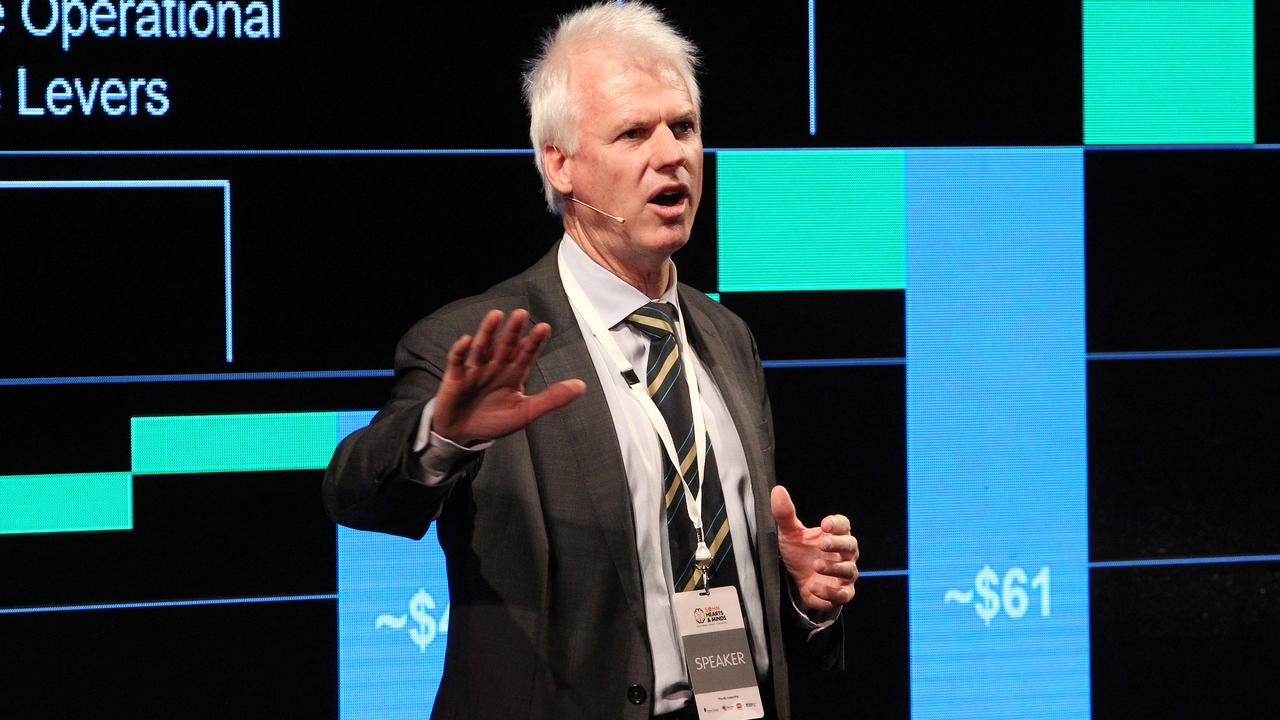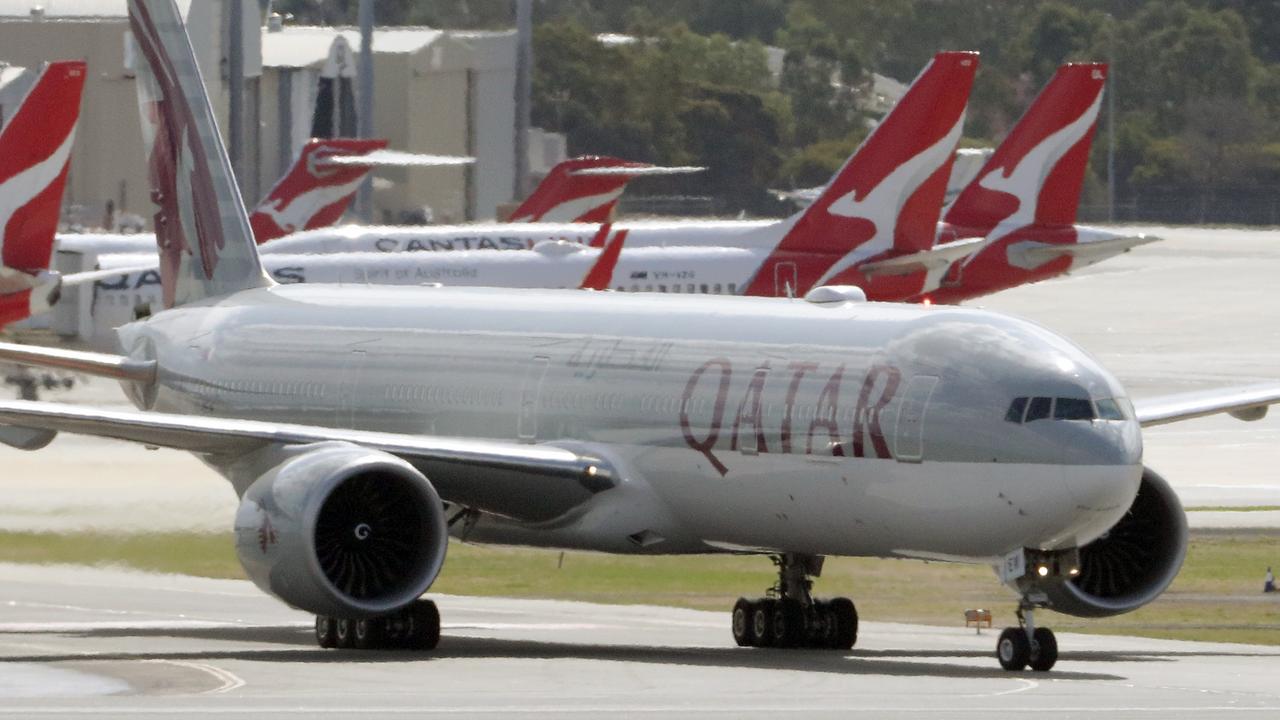Inside Reed Jobs’ mission to make cancer non-lethal, and the key advice his father gave him
The Apple co-founder’s son, Reed Jobs, has raised almost $300m to invest in therapies to slash cancer’s mortality rate and make it a manageable chronic condition like diabetes or heart disease.
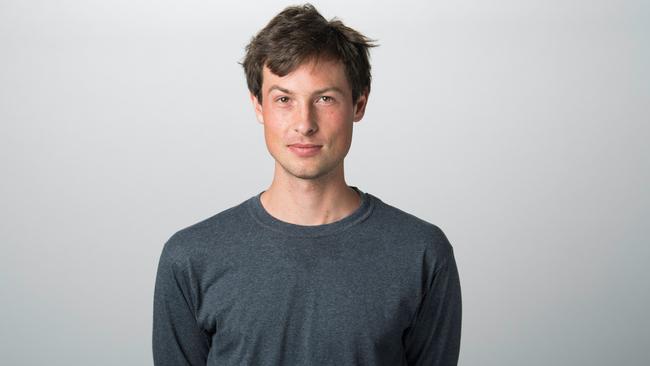
Business
Don't miss out on the headlines from Business. Followed categories will be added to My News.
After Steve Jobs died in 2011 at the age of 56, his son Reed said he needed a break from cancer.
Jobs senior, who co-founded tech giant Apple, was diagnosed with pancreatic cancer in 2003.
Reed was 12-years-old, and spent much of his adolescence considering a career in oncology. He would later be accepted into Stanford University and go on to raise $US200m ($297.4m) with the aim of making cancer non-lethal.
But in October 2011 when his father passed, Reed changed studies and took an academic detour.
“After his death, I went through a few years when I actually needed a bit of a break from cancer. Obviously that was an intense experience and on a personal level, I needed to step away from that a little bit,” Reed tells The Weekend Australian.
“So at that moment I changed majors to international security and nuclear weapons, also at Stanford. It was a spectacular, little academic tangent that I went on for a couple of years.”
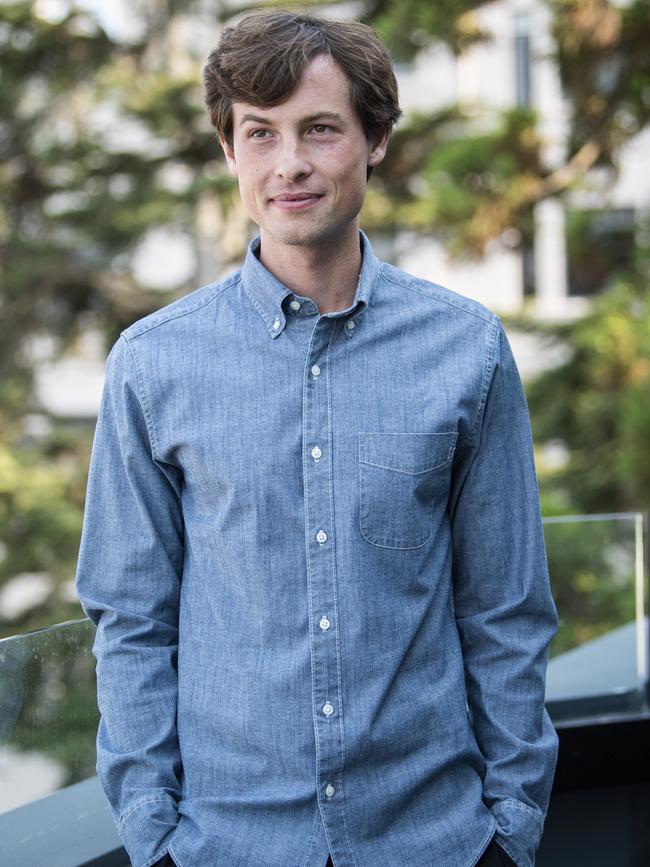
He studied at Stanford’s Hoover Institution, where former US secretaries of state mentor students. Condoleezza Rice is now the institution’s director. But his father’s wisdom, and his own interest in oncology never left him.
“After taking a couple of years, the effect that experience had on me was a piece of advice from him which I think about a lot, which is ‘one can only be good at very, very few things in life. Expertise is extremely laborious and hard to come by and when you’re young you have to make some very profound decisions about which paths you’re going to go to’. And there is a massive opportunity cost there.
“I realised that nothing really made me feel as purposeful or as right as working in oncology, given my personal history, the timing of where medicine is, and a little bit of my stubborn personality. I thought it was actually a good time and a good mix – and if I could do one or two things really well, I couldn’t think of anything better.”
Reed, now aged 33, has now launched a $US200m fund called Yosemite – spun out of Emerson Collective, the philanthropic organisation his mother Laurene Powell Jobs founded – with the aim of making cancer non-lethal.
He attracted big name backers, including Australian mining billionaire Andrew Forrest, who has invested in Yosemite via his health tech fund Tenmile. And Reed will visit Sydney next week to speak at Tenmile’s HealthTec Muster.
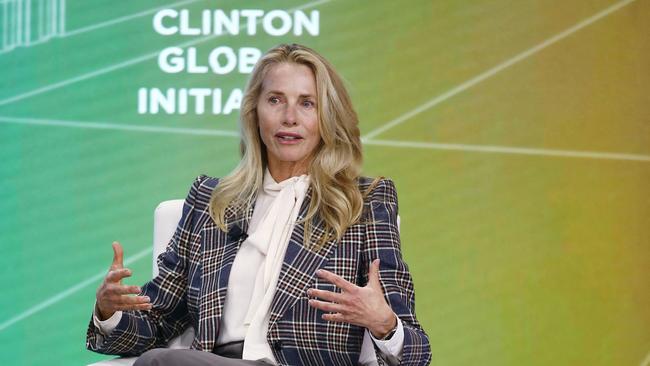
He is backing a range of treatments, including immunotherapy, liquid biopsies and gene-editing therapies to transform a cancer into a chronic but manageable condition in the same category as diabetes, cardiovascular disease and AIDS.
And he says there is actually a link between cancer and studying international security and nuclear weapons.
“In some ways, they’re sort of two ends of the spectrum of humans grappling with the power of technology: one to destroy and the other to save.
“But on a practical level, I actually have found some great similarities as we’re looking at a lot of radiopharmaceutical and radiotherapy companies. A lot of the civilian nuclear power plants actually will create a lot of the isotopes that you need to use for radiotherapy. So there actually is an interesting parallel in that one area of medicine.”
He is sceptical when people say they can deliver a cure for cancer but is determined to invest and help find new treatments that can lower mortality rates.
“I really prize transparency and honesty, and the way I think about it is to have human cells, you will never be free from the risk of cancers developing somewhere. So much like diseases, like cardiovascular diseases, diabetes, AIDS is another very good example. These are diseases that haven’t yet been cured, but you see that mortality rates have dramatically fallen over the last 50 years.
“In AIDS, it’s a factor of common combining therapies and being really, really adherent towards regimens. In cardiovascular disease, you see a lot of work being done for early intervention – that’s things like stents, bypasses, statins are probably one of the biggest ones – early detection. Things like measuring your cholesterol, your blood pressure, and making it so it’s not an end stage disease.
“Like 50 years ago, you went to the hospital because you were having a heart attack. That’s the end stage of that disease. We can monitor your calcium level in your blood now for decades, and get ahead of this by maybe doing a bypass 10 years before you would get a stroke. So the mortality burden has gone way down. These are things that you deal with, sometimes for decades, but the commensurate mortality of dealing with it at the very end is not there.”
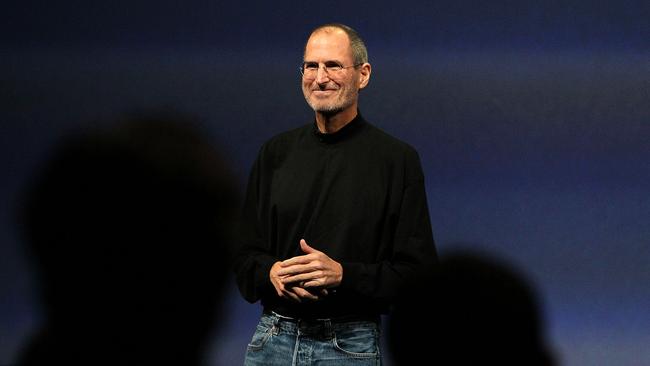
And Reed says cancer is similar.
“You accrue mutations often as you age, and of course, there’s environmental risk factors that you can monitor and that you can mitigate.
“So I really believe that it’ll be a combination of great detection and monitoring over the course of one’s lifetime, combined with really, really targeted therapies to likely address those things before they really develop a ton of mutations, or probably to harness your body’s immune system to locally attack those things by using what your body has evolved to do.
“Your immune system already kills cancer all day, every day. Truly. This is exactly what is designed to do, and optimising that is really going to be where immunotherapy goes. So I think it’s likely a combination of those two things, and coupled with some targeted therapies, and likely a few new therapies that we have yet to develop.”
In the past decade Reed says the pace of cancer research has been “amazing” with the creation of more new modalities than in the past 30 years combined – hence being the right time to create a fund focused on making the disease non-lethal.
“A new modality is like a new tool that you can use to perturb the human body. A vaccine is a modality. Gene sequencing is a modality. It’s something you can either look at as a diagnostic or really as a therapeutic.
“Things that we’re using now to tackle cancer, as well as a whole host of other diseases, like cell therapy, gene editing, mRNA … those are all new modalities that were developed roughly in the last 10 years. And whenever one of these things happens like you’re kind of lucky if you get one of these in your lifetime, and we’ve had about five or six all in the last 10 years.
“Small molecules have really had a revolution based on antibody drug conjugates as well as AI (artificial intelligence) cell therapies. CAR-T cells … all these new types of immunotherapy assets where you’re literally using cells in someone’s body to attack cancer. All these are in the very springtime of their development.”
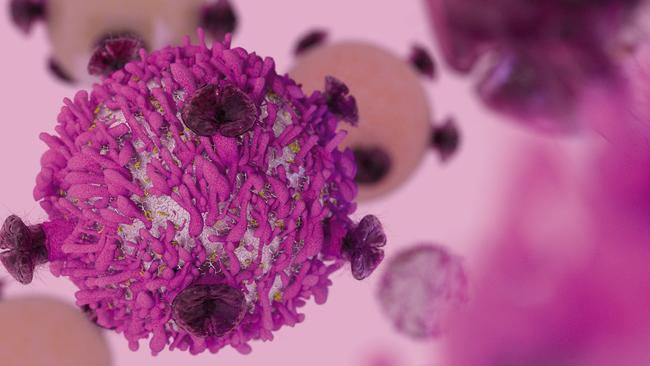
But Reed says making cancer non-lethal will take time and will likely be indication specific.
“Immunotherapy has had incredible, incredible results in haematological cancers and some solid tumours, particularly high mutational ones. It is the optimisation of that technology, which will probably take many years, if not a few decades, that will really bring mortality down.
“But the good news is we’re already getting into solid tumours, and the core cancers that are the most common are the first ones that people are tackling, and that’s colon, lung, breast, prostate and hopefully pancreas.”
Tenmile chief executive Steve Burnell – who worked at Roche, one of the world’s biggest biotechs before joining Dr Forrest – said he has known Reed and his family “for a while”.
Minderoo – Dr Forrest’s philanthropic foundation – launched a cancer initiative, which included Reed as a co-investor when he was at Emerson.
“We actually had a joint fund of $10m we were deploying into digital health, in oncology and cancer, so several years of a strong relationship there, and we built a lot of conviction about him as a person, and as a team,” Dr Burnell said.
“So when he started his own business and spun out of Emerson to set up Yosemite as a dedicated cancer-focused venture capital fund, we made the decision, and it’s a relatively unique decision – because Tenmile generally invests directly into technologies and companies, we only have very few fund investments, and Yosemite is one of those.
“But it’s largely just an alignment on values, a real belief in the expertise of the team and their mission to make cancer non-lethal. It’s a shared mission. And we became a limited partner in the fund.”
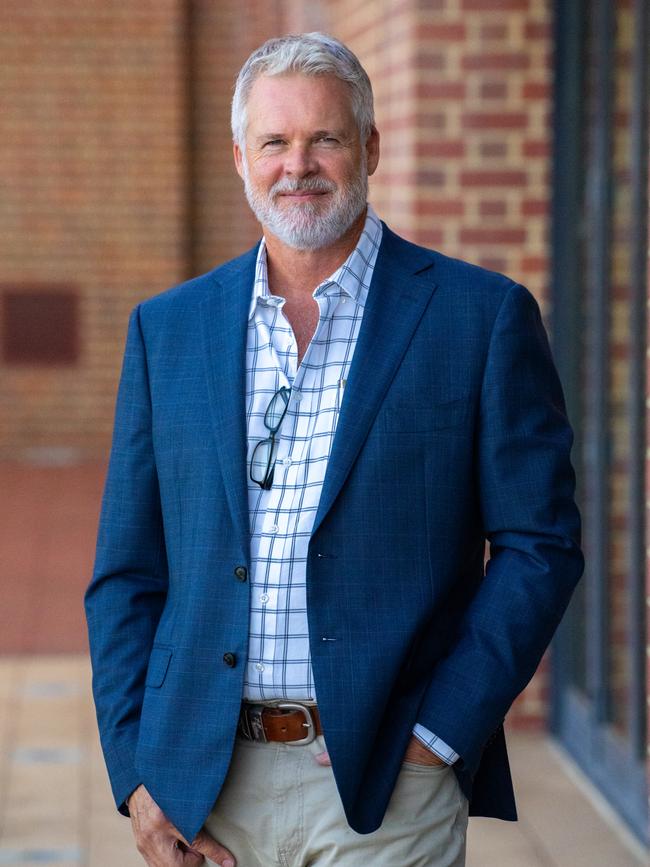
Like Reed, Dr Burnell believes cancer can become a chronic and manageable condition.
“What we’ve learned with chronic diseases and other things, is that if you can make something liveable and have a high standard of living and quality of life and it doesn’t kill you, then that’s a win.
“People talk about cures for cancer and it gets you into very hot water with the clinicians and the doctors who spend their entire lives dealing with patients and trying to manage expectations. But if you come as an educated investor who understands that what a lot of what we’re trying to do is make cancer non-lethal, I think it brings a different starting point.”
But in Australia, despite producing talented researchers and innovators, the capital pool is relatively small, meaning many leave the country to develop their careers and research. Dr Burnell said Tenmile was seeking to change that via a $250m injection into “dedicated health technology”.
“Various state governments in the commonwealth have got some good programs that support innovation like non-dilutive grants and various things. We’re very good at that. I think there’s just not a big enough private capital pool and Tenmile’s $250m injection right into that is bridging the gap between the government grants and actually doing the clinical trials that will allow you to get to market.”
In addition to Yosemite, Tenmile has made 17 investments, with Dr Burnell saying $100m has already gone “out the door” with another $150m that’s been committed.
Investments include AI drug discovery company Verge Genomics, as was a CAR-T oncology firm Carina Biotech. Investments in strategic funds include digital health-focused Rock Health Capital and Tin Alley Ventures, which is affiliated with the University of Melbourne.
Asked what his father would think of him developing his own company that’s focused on making cancer non-lethal, Reed paused before a smile formed on his face.
“Time to get going,” he replied.
“I think it’s a great first step and it really gives us an opportunity to really pay it forward in a way that if we do our job at the highest level, we can help a lot of people.
“If Yosemite is able to be part of companies that transform the lives of cancer patients – especially in meaningful and really significant ways, like biotech truly can – we will have fulfilled what I think our mission should be.”
More Coverage
Originally published as Inside Reed Jobs’ mission to make cancer non-lethal, and the key advice his father gave him



